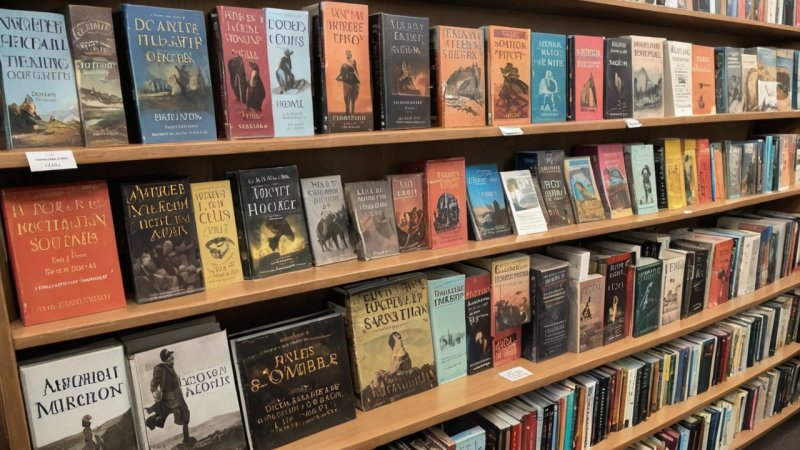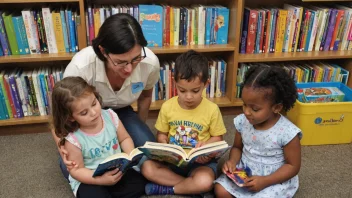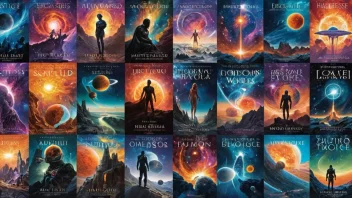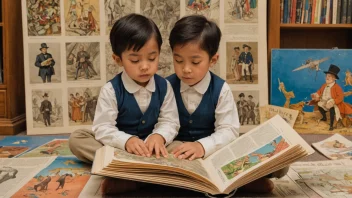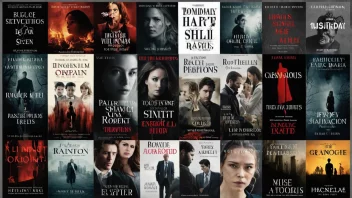Non-fiction literature offers a unique lens through which we can explore history, providing context, insights, and personal narratives that bring events to life. Here are some remarkable non-fiction books that delve into various historical themes and events, inviting readers to engage with the past in meaningful ways.
1. **The Gulag Archipelago by Aleksandr Solzhenitsyn** - This monumental work exposes the brutal reality of the Soviet labor camps. Through a combination of personal experience and historical analysis, Solzhenitsyn sheds light on the atrocities committed under Stalin's regime. It serves as a powerful reminder of the dangers of totalitarianism and the resilience of the human spirit.
2. **Team of Rivals by Doris Kearns Goodwin** - In this Pulitzer Prize-winning biography, Goodwin examines Abraham Lincoln's leadership style and his ability to unite a diverse group of individuals during the Civil War. By focusing on Lincoln’s relationships with his cabinet, she reveals how empathy and collaboration can lead to effective governance. This book is a must-read for anyone interested in political history.
3. **The Splendid and the Vile by Erik Larson** - Larson's captivating narrative explores Winston Churchill’s leadership during the Blitz of World War II. Blending personal stories with historical events, he paints a vivid picture of resilience and courage in the face of adversity. This book is an engaging exploration of a pivotal moment in history, making it accessible to readers who may not be familiar with the intricacies of World War II.
4. **The Immortal Life of Henrietta Lacks by Rebecca Skloot** - This compelling narrative intertwines personal history with scientific discovery. Skloot chronicles the life of Henrietta Lacks, whose cells were taken without her consent and became instrumental in medical research. The book raises important questions about ethics, race, and the intersection of science and humanity, making it a significant read for those interested in both history and bioethics.
5. **The Great Influenza by John M. Barry** - Barry's comprehensive account of the 1918 influenza pandemic examines its impact on society and the lessons learned from that devastating outbreak. By weaving together medical, social, and political history, he highlights how pandemics can shape human behavior and public health policies. This book resonates particularly in today's context, as we navigate the lingering effects of COVID-19.
6. **The Right Side of History by Ben Shapiro** - In this thought-provoking exploration, Shapiro discusses the philosophical and historical foundations of Western civilization, emphasizing the importance of Judeo-Christian values. He argues for the necessity of understanding history to build a better future. This book invites readers to reflect on the principles that have shaped societies throughout history.
7. **The New Jim Crow by Michelle Alexander** - Alexander's groundbreaking work examines the racial caste system in America, focusing on mass incarceration as a contemporary form of racial control. By linking historical injustices to modern practices, she challenges readers to confront systemic racism and its implications for society today.
These non-fiction books offer diverse perspectives on historical events and themes, enriching our understanding of the past and its relevance to contemporary issues. Through engaging narratives and compelling analyses, they foster a deeper appreciation for the complexities of history and encourage readers to reflect on their own place within it.
Exploring History Through Engaging Non-Fiction
Discover remarkable non-fiction books that explore historical themes and events, inviting readers to engage with the past in meaningful ways.
